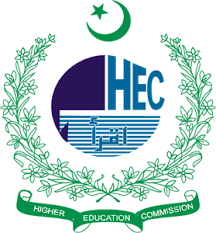From the Ma’rib Dam to Megaprojects: Qur’anic Insights on Infrastructure, Economics, Sustainability, and Resilience
Keywords:
Maʿrib Dam; Qur’anic Perspectives; Infrastructure Governance; Sustainability And Resilience; Environmental Balance; Social Justice; Megaprojects (Three Gorges, GERD, NEOM); Ethical Responsibility; Islamic Principles (Mīzān, Shukr, Khilāfah)Abstract
Throughout history, infrastructure has been more than just a tool for development—it has represented both material prosperity and a society’s sense of responsibility. The Maʿrib Dam in ancient Yemen, regarded as one of the greatest engineering feats of pre-Islamic Arabia, captures this duality. Its eventual collapse, mentioned in the Qur’an (Sūrah Sabaʾ 34:15–19), was not simply a technical failure; it marked the beginning of economic decline and social fragmentation, brought about by neglect and weak governance. This study explores the Maʿrib Dam through historical records, archaeological findings, and Qur’anic perspectives to draw insights for today’s large-scale projects, including the Three Gorges Dam, the Grand Ethiopian Renaissance Dam, and Saudi Arabia’s NEOM. By integrating textual analysis, historical interpretation, and comparative case studies, the research identifies recurring challenges: governance, sustainability, environmental balance, and social justice. The findings suggest that the endurance of infrastructure depends less on engineering expertise alone and more on long-term planning, inclusive decision-making, and a commitment to ethical responsibility. The Qur’anic principles of mīzān (balance), shukr (gratitude), and khilāfah (stewardship) provide a moral framework for aligning ecological preservation with financial strategy. In this light, megaprojects are not merely feats of construction—they are tests of integrity, equity, and foresight. When guided by sustainability and fairness, they can secure lasting prosperity; but when driven by vanity or short-term gains, they risk ecological harm, economic instability, and eventual collapse. Revisiting the story of the Maʿrib Dam reminds us of the enduring relevance of Qur’anic wisdom in shaping societies that are resilient, just, and economically sound in the twenty-first century.









